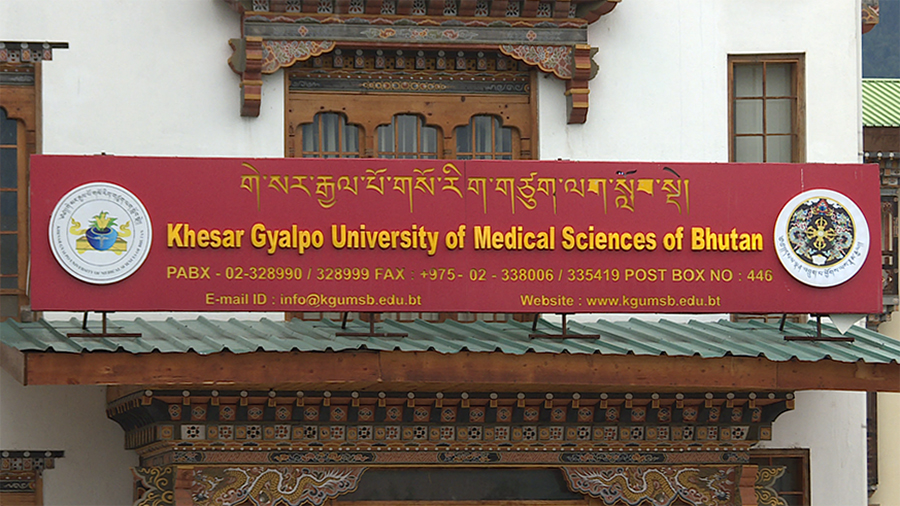
About 75 per cent of children up to five years in Thimphu and Phuentshogling are exposed to lead. This is according to a recent research conducted by the Khesar Gyalpo University of Medical Sciences of Bhutan. Lead is a naturally occurring toxic metal and according to the World Health Organisation, it should not be in the body at all. However, the researchers have yet to determine the cause.
According to the WHO, lead exposure during childhood may lead to permanent intellectual disability and behavioural disorders.
The research showed that there are five micrograms per decilitre of lead concentration in most children in Thimphu and Phuentshogling.
This means, lead exposed children are at risk for permanent health impacts, particularly on the development of the brain and nervous system.
It could also affect physical growth in children.
“Lead is one of the top ten poisonous metals according to WHO. It is the fourth highest in terms of level of toxicity in the human body. In children, it is more critical than in adult because of the fact that it actually causes long-term intellectual deficiency, which will be for a lifetime. There are other impacts, but intellectual deficiency is one of the main and critical impacts,” said Dr Karma Tenzin, Associate Professor at Khesar Gyalpo University of Medical Sciences of Bhutan.
The researchers conducted a blood test on 500 children in Thimphu and Phuentshogling to determine the lead concentration.
According to the WHO, most common ways children can come in contact with lead is through lead-based paints, contaminated soil, children’s toys and jewellery, and drinking water delivered through lead pipes.
The researchers say lead exposure is preventable.
“We must encourage our children to wash their hands regularly before eating and before playing with the toys. Keeping the toys clean and healthy food consumption instead of junk foods are important. If you encourage the consumption of different vegetables and fruits, it will actually challenge the lead in the body and even if we ingest lead, it will go out. It will not be deposited in our body system.”
He said that lead exposure in individuals can only be measured through blood tests.
The research was conducted by the university along with the health ministry, WHO, and UNICEF.
The university is planning to conduct another research to identify the cause of lead exposure.
Singye Dema
Edited by Sangay Chezom







